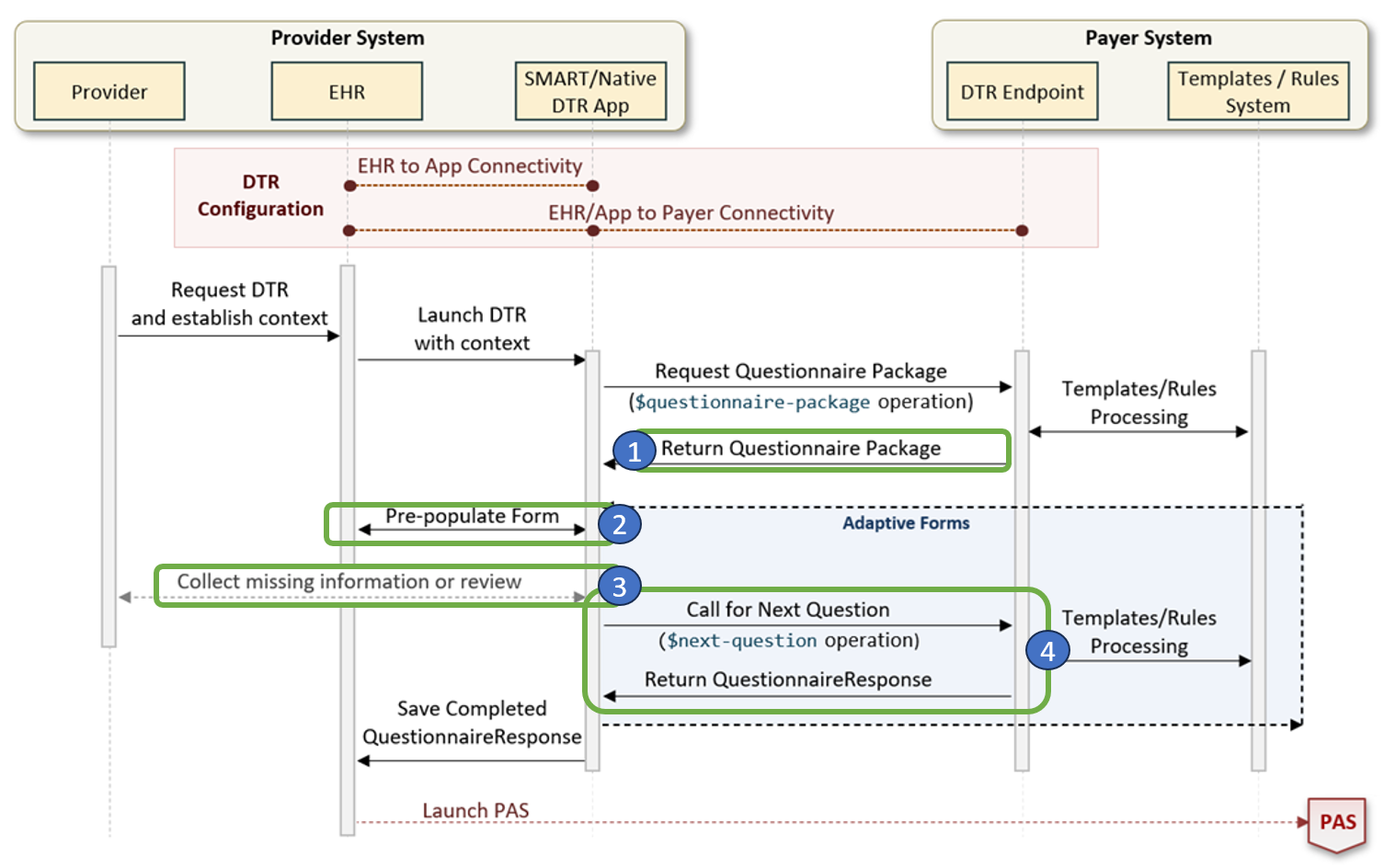Common CQL Artifacts for FHIR (US-Based)
1.0.0 - Informative 1
Common CQL Artifacts for FHIR (US-Based)
1.0.0 - Informative 1
Common CQL Artifacts for FHIR (US-Based), published by HL7 International / Clinical Decision Support. This guide is not an authorized publication; it is the continuous build for version 1.0.0 built by the FHIR (HL7® FHIR® Standard) CI Build. This version is based on the current content of https://github.com/HL7/us-cql-ig/ and changes regularly. See the Directory of published versions
| Page standards status: Informative |
For Content Implementation Guides (i.e. implementation guides that primarily consist of knowledge artifacts) such as this one, best practice is to provide test content as part of the source repository, and as packaged bundles for ease of distribution. This is because 1) the number of test cases may be (and usually is for production-level content) quite large, resulting in large package files if test content is included, and 2) Test content is part of validating expected behavior, rather than directly needed for implementation, and so should be packaged separately to allow implementers to better manage dependency size and purpose. A future version of this implementation guide will consider using the Related IGs feature of the FHIR packaging ecosystem to support distribution of test cases. Test content for this IG is currently accessible via the Downloads page.
CQL libraries should be tested with focused test cases that ensure expected behavior. These are effectively "unit tests" for the CQL library, and can be authored and validated with the VSCode CQL Plugin:
User's Guide - Adding Test Data
Each of the libraries in this implementation guide have associated test cases defined in the input/tests/library directory. Each library under test has a folder with the same name as the library, and each of these folders has sub-folders corresponding to test cases for the library.
Each of the test cases is a single patient with all the resources for that test case, as well as an expected-results Parameters resource that defines the expected results for each expression in the library. For example, the ExamplePatientAndCoverageInitialExpressions library has the following expression declaration:
define "Patient Name":
Patient.name()
And the expected-results Parameters resource has the following parameter indicating the expected result for the minimal-patient-example test case:
{
"resourceType": "Parameters",
"id": "expected-results",
"parameter": [
...
{
"name": "Patient Name",
"valueString": "Peter James Chalmers"
},
...
]
}
Note that these tests are not included directly as resources in the implementation guide, since they are part of testing and not directly required for implementation. However, the test resources are included in test bundles available on the Downloads page.
For integration testing of prior-authorization questionnaires, based on the DTR sequence diagram, the following 4 integration test scenarios are identified:

The DTR Inferno Test Kit supports verifying the result of the $questionnaire-package operation:
The DTR SMART on FHIR App has facilities for end-to-end testing of the DaVinci DTR questionnaire use case, including questionnaire population and EHR FHIR queries.
The Questionnaire populate aspect can be tested with a REST client (such as Postman) and a FHIR server that implements the Questionnaire/$populate operation.
The source repository for this implementation guide contains Postman collections that test this operation for each of the included example questionnaires:
(NOTE: These collections were tested against a HAPI JPA Server Starter instance using version 3.27.0 of the Clinical Reasoning module. They also include missing US Core 7.0.0 dependencies due to some technical limitations in the CQF Tooling used to construct the questionnaire bundles. Once those limitations have been removed that collection will no longer be required.)
For systems that support adaptive questionnaires, testing this capability can be accomplished with a REST client (such as Postman) and a FHIR server that implements the Questionnaire/$next-question operation.
For direct integration testing of quality measures, tools such as CURL or Postman can be used to perform the measure evaluation, as described in this content IG walkthrough topic:
For integration testing of quality measures, tools such as the eCQM Measure Reporting Client can be used to support integration testing:
For direct integration testing of decision support, tools such as CURL or Postman can be used to perform the decision support evaluation, as described in this content IG walkthrough topic: